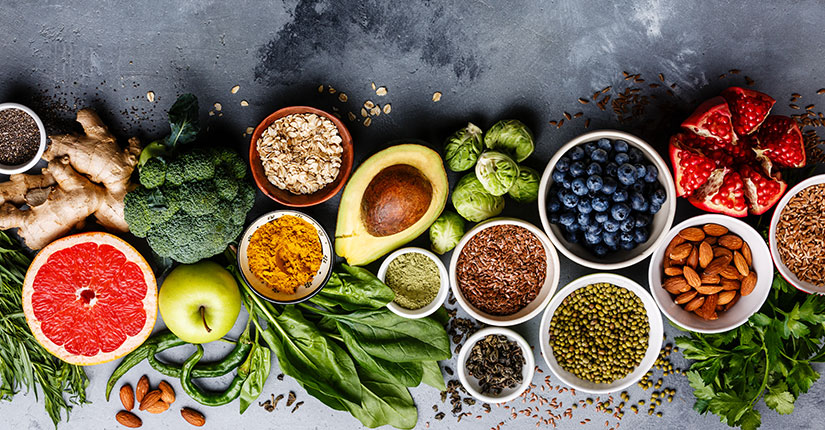Should the new saying be: An egg a day keeps the doctor away?
By: Admin Date: 31-May 2023 Reading Time: 5 Mins

We all have heard this saying an apple a day keeps the doctor away. Amidst debates revolving around vegetarianism & non-vegetarianism, there are talks about whether one should get converted to vegetarianism. After reading this blog, you will better understand poultry, especially eggs, and its significance in our diet.
When eaten in moderation, eggs can be a part of a healthy diet for most people. Some of the essential nutrients in eggs include protein, selenium, riboflavin, choline, phosphorus, iron, lutein and zeaxanthin, and vitamins D, A, and B12.
Eggs also contain saturated fat and are rich in cholesterol. As per the Washington State Department of Health, a healthy person can eat one egg per day without increasing blood cholesterol levels or the risk of heart disease.
Bacteria such as Salmonella can cause illness due to contamination of eggs. This bacteria is present outside and inside of the eggshell.
Process of egg affected by Salmonella:
Salmonella can get on the outer shells of the eggs. This can usually happen when birds lay the eggs and when eggs touch bird droppings after being laid. Salmonella can get inside eggs too. These changes happen while the egg forms inside the chicken before the egg makes a shell.
As compared to the 1980s and 1990s, the problem of Salmonella has decreased, but still, some eggs can be contaminated with this bacteria. These egg-related illnesses can be prevented by using the correct method of storing, handling and cooking eggs.
Buying
- Buy refrigerated eggs.
- Before storing eggs, one should ensure that eggs are clean & the shells have not developed cracks.
- The eggs shall be used within three weeks and be kept in their original carton.
Cooking
- Washing hands, utensils, equipment, and work surfaces with hot, soapy water before and after they come in contact with eggs and egg-containing foods. Disinfect food contact surfaces using a sanitising agent, such as bleach, following label instructions.
- It should be ensured that both the white & yolk are intact during cooking.
- If undercooked eggs are preferred (prepared sunny-side-up or over-easy), use pasteurised eggs. It is suggested that raw & undercooked eggs should not be consumed by children, or older people with weak immunity.
Serving and Storing
- It is advisable to consume eggs & dishes containing eggs as early as possible after cooking. The leftover portion should be refrigerated properly.
- It is desirable not to consume eggs, even boiled eggs & dishes containing eggs two hours after preparation, otherwise, bacteria can grow on such foods at temperature between 40 to 140 degrees F.
The American Heart Association recommends one egg (or two egg whites) per day for people who eat them, as part of their healthy diet.
How can you reduce the chance of getting sick from eggs?
- Buy eggs from stores and suppliers that keep eggs refrigerated.
- Discard cracked eggs.
- Cook eggs until both the yolk and white become firm.
- Using pasteurised eggs to make foods rather than raw or lightly cooked eggs.
- Avoid tasting or eating raw dough or batter made with raw eggs, such as cookie dough or cake batter.









